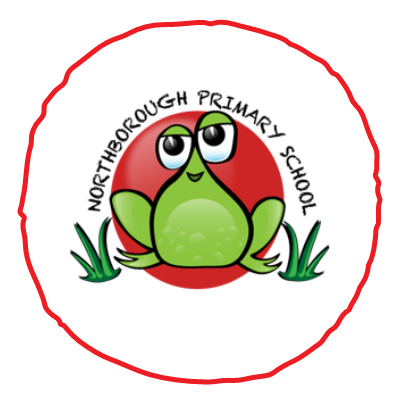History
History Definition:
Study of the past, particularly to do with significant events or people and their impact.
Vision for the subject:
Learners will leave Northborough with an understanding of chronology, an empathy with people from the past, knowledge and understanding of some significant events and figures and an appreciation of their legacy.
Why do it?
Develop curiosity and questioning skills, empathy for the experiences of others, knowledge and understanding of the world, appreciation of human achievements
Careers / role models
Archaeologist, historian, archivist, teacher.
Need eye for detail, patience, interest in the past, ability to empathise, love of reading and research, ability to hypothesise and draw conclusions from evidence, recognise significant details or events
How to go about learning it?
Learning through: cross-curricular links, practical activities; model making; role play; visitors; trips; local area; primary and secondary sources (eg records, artefacts, local people); History Off The Page; individual research
How do you know if it is successful?
Children are able to demonstrate:
- an understanding of chronology (and can see the big picture)
- an empathy with people from the past,
- knowledge and understanding of some significant events and figures
- an appreciation of their legacy
- a sense of curiosity
- an interest and love of history
- how to carry out independent research
- how to evaluate the sources of evidence
Children progress from changes within their own lives and living memory to significant events beyond living memory (eg the events in their own lives to significant events in history). Children progress their chronological understanding from their own timelines to a framework which gives the big picture.


